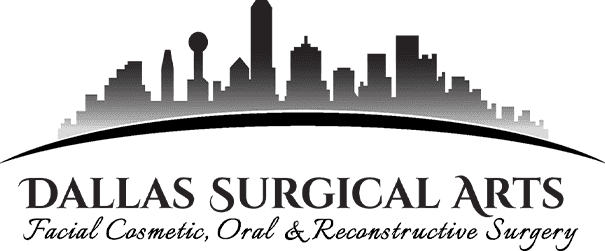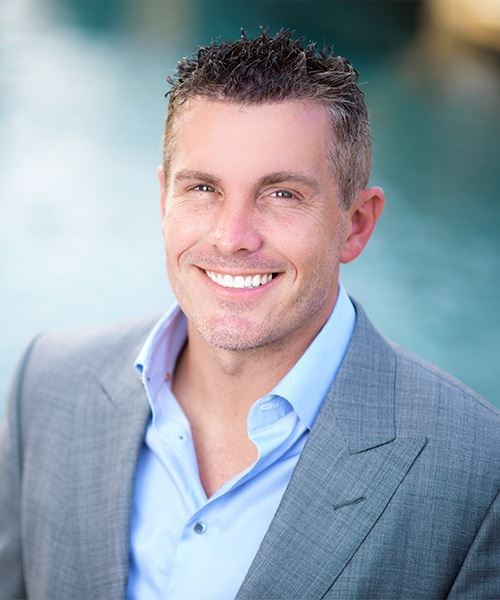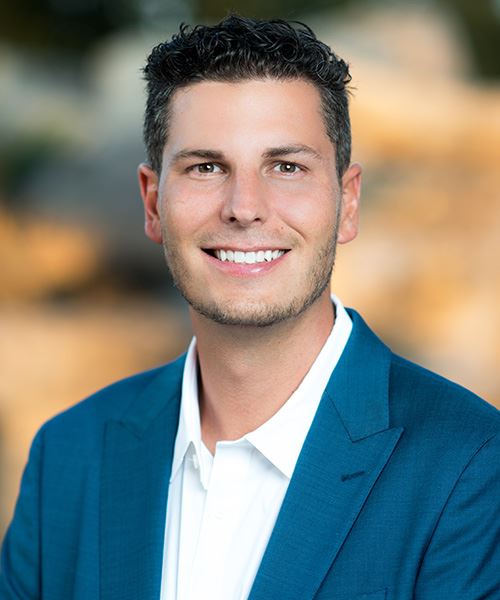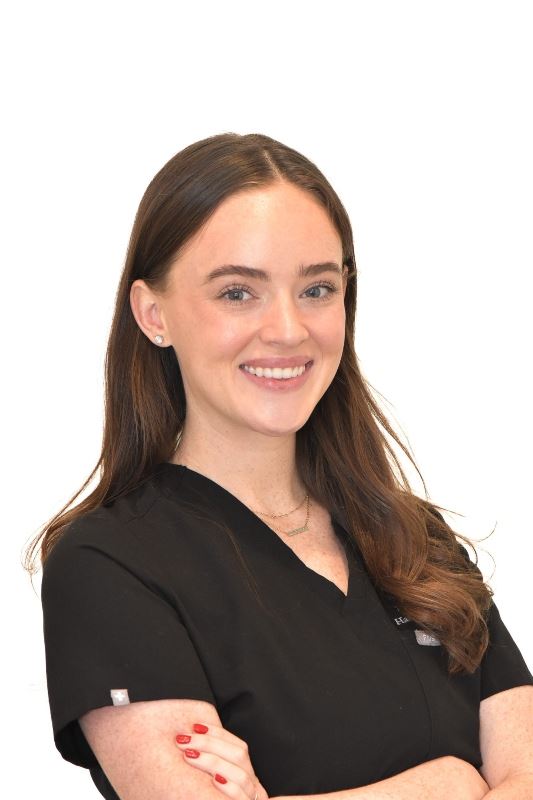How to prepare for surgery
We will have you come in for a pre-surgical appointment 1-2 weeks prior to your surgery date to go over post op instructions and give you a list of medications that will be called into your pharmacy. All prescriptions that are called in are to be taken after surgery. If you have someone that will be taking care of you, it is recommended that they come to this per-surgical appointment to hear and understand post-op instructions. We will provide one dose of arnica to help prevent bruising, which you can start taking 8 days prior to your procedure. If you would like to take another dose after surgery, arnica supplements can be purchased at our office or common drugstores. We recommend obtaining all necessary items prior to surgery, that way after surgery you can go straight home and rest.
What Can I Expect After Surgery?
For the first 5-7 days post-surgery, it is common to experience bruising of the eyelid and around your eye.
You may experience blurred vision after the surgery due to a lubricating gel that is placed in the eyes during the procedure. This is normal and should subside quickly.
It is advised that you ice your eyes after surgery to help with swelling. We recommend keeping a fresh bowl of ice water nearby and using cotton rounds or make up removal pads to dip in the ice water and place on the eyes. This is advised over using traditional ice packs because the cotton rounds don’t put as much pressure on the eye. You should change out the cotton rounds regularly and avoid placing used ones back into the bowl of ice water.
Since there are no external incisions, there are no required care instructions for the incisions. You will be prescribed a steroid eye drop, Tobradex, that will help reduce swelling.
You will have a piece of Telfa, a material similar to gauze, sutured to the outside of your cheek. This provides a barrier between the suture that is holding the fat in its new position and your skin. This is done so the suture does not leave any marks on your face and will be removed at your 1-week follow-up appointment after surgery.
Prescriptions Post-Surgery
- You will be prescribed medications based on your health history.
- You will receive pain medication to use for the first 3-5 days after surgery, if needed.
- An antibiotic will be prescribed for you to start taking the day after surgery
- An oral steroid will be prescribed to help reduce swelling.
- You will receive a steroid eye drop to help with internal swelling of the eye.
- Anti-nausea medication will help limit any nausea you may experience after surgery.
Activity Level After Surgery
- Avoid any strenuous physical activity for 1-2 weeks.
- You may return to school or light duty work (non-physical labor) within a week of the surgery, or as tolerated. We can provide school or work notes as needed.
- Although you just had surgery, we recommend you do not stay in bed while awake. The more movement and blood flow, the easier recovery can be.
- Try to transfer to a chair and walk around the house. You want to be as active as possible but avoid doing anything too strenuous.
- The swelling will worsen over the first 3-4 days after surgery, which is expected, and will begin to subside shortly thereafter.
What Happens at the 1 Week Follow-Up?
- You will have a small piece of Telfa, a material similar to gauze, sutured to your cheek that will be removed at this appointment. Sometimes it leaves a small dent in the face which should correct in 7-10 days as swelling reduces.
- We have a Candela Vbeam Prima Perfecta Laser Machine, a pulsed-dye laser (PDL), that will help remove residual dark red or purple bruising more quickly.
- We take photos at each follow-up appointment to monitor your healing progress.
What Happens at Additional Follow-Up Appointments?
At each appointment we spend time making sure you are comfortable with your results and the post op care that is needed for each progressing week.
When Should I Call My Doctor?
- Excessive bleeding
- Itching, redness, or rash around the eyelids
- Temperature above 100.5 degrees
- Excessive sudden swelling or discoloration
- Severe pain or pressure around your eye
- If you have any questions or concerns between follow-up appointments.
Who Should I Call if I Have Questions?
Please call our office at (972) 914-3660. You may also email photos or questions to info@dsa.live and someone will get in touch with you within 24-48 hours.

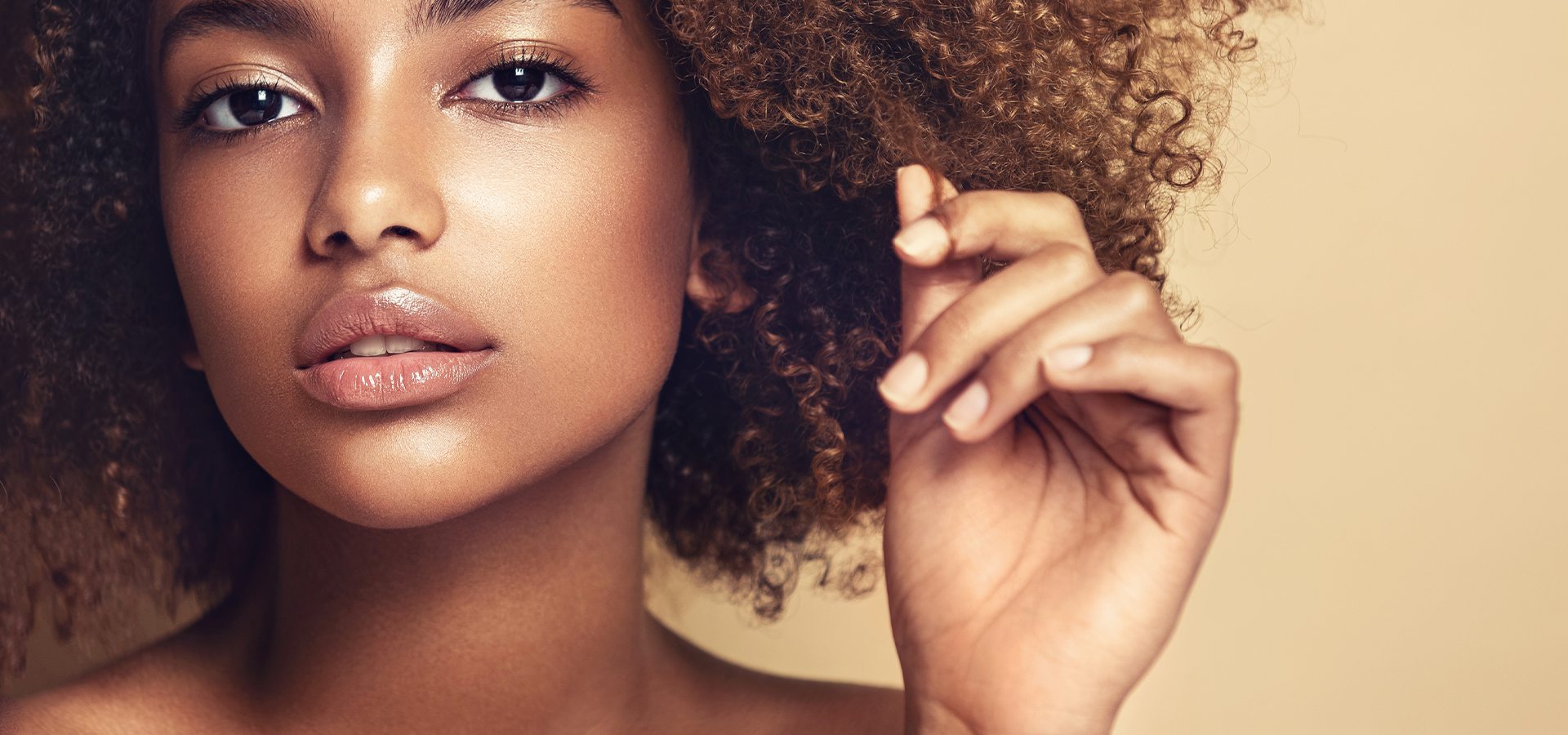
 Dr. Randy R. Sanovich, DDS Board Certified Facial Cosmetic Surgeon, Board Certified Oral & Maxillofacial SurgeonAs a dual board-certified surgeon in oral, maxillofacial, and facial cosmetic surgery, Dr. Randy Sanovich is committed to providing optimum results for his patients. Dr. Sanovich’s extensive training ...Learn More
Dr. Randy R. Sanovich, DDS Board Certified Facial Cosmetic Surgeon, Board Certified Oral & Maxillofacial SurgeonAs a dual board-certified surgeon in oral, maxillofacial, and facial cosmetic surgery, Dr. Randy Sanovich is committed to providing optimum results for his patients. Dr. Sanovich’s extensive training ...Learn More
